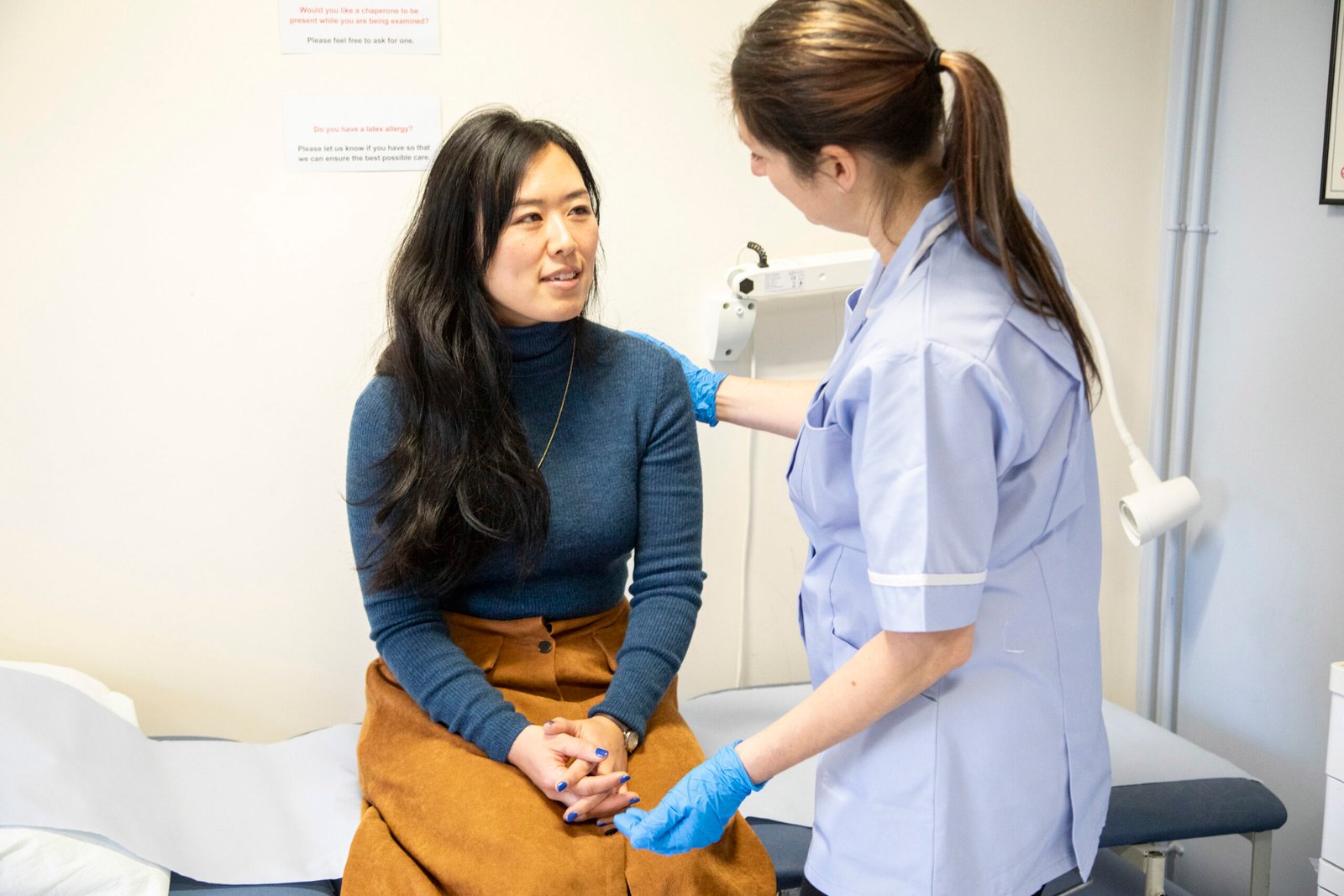
Deciding to undergo aesthetic surgery is a significant step, and understanding the recovery process is just as important as the surgery itself. Proper aftercare plays a critical role in achieving the best results and ensuring a smooth healing experience. Surgical procedures require more planning and patience than non-invasive treatments, but with the right preparation and support, the journey can be both rewarding and transformative.
In this guide, we’ll focus on the recovery process for surgical aesthetic treatments. From what to expect post-surgery to essential aftercare tips, this comprehensive guide is designed to help you navigate your healing journey with confidence.
Why Recovery Is Crucial
The recovery phase is an essential part of any surgical procedure. It allows your body to heal, adjust to the changes made during surgery, and reveal the final results. While surgical treatments can deliver dramatic and long-lasting enhancements, they require a higher level of care and commitment compared to non-surgical options.
Being informed about your recovery timeline, aftercare requirements, and potential challenges ensures you’re prepared for what’s ahead. This not only minimises anxiety but also optimises your results.
Preparing for Your Recovery
Before undergoing surgery, your surgeon will provide you with detailed instructions on how to prepare for the procedure and recovery. Following these guidelines is critical for your safety and overall experience.
Plan Ahead
Depending on the complexity of the surgery, you may need to take time off work and other responsibilities. Plan for adequate downtime to rest and recover. Arrange for a friend or family member to assist you during the first few days post-surgery.
Create a Comfortable Recovery Environment
Set up a designated recovery space at home. This might include a comfortable reclining chair or bed, pillows for support, and easy access to water, snacks, and medications. Keep items like your phone, books, or remote control within reach to minimise movement during the initial recovery period.
Stock Up on Essentials
Make sure you have all necessary supplies ready before your surgery, such as prescribed medications, gentle skincare products, loose clothing, and any specific items recommended by your surgeon.
Follow Pre-Surgery Guidelines
Your surgeon will advise you to stop smoking, avoid alcohol, and refrain from taking certain medications, such as blood thinners, in the days leading up to your procedure. These measures reduce the risk of complications and promote better healing.
Recovery Expectations for Common Surgical Procedures
Each surgical treatment has its own recovery timeline and requirements. Here’s an overview of what to expect after some of the most popular aesthetic surgeries:
Facelift
Recovery Time: 2–4 weeks for most activities; several months for final results.
What to Expect: Swelling, bruising, and tightness around the treated areas. Keeping your head elevated and using cold compresses can help minimise these effects.
Return to Normal Activities: Most clients return to normal activities within a few weeks, but it can take several months for the full results to become apparent.
Blepharoplasty (Eyelid Surgery)
Recovery Time: 1–2 weeks for bruising and swelling; several months for scars to fade.
What to Expect: Mild discomfort, swelling, and sensitivity to light. Cold compresses and lubricating eye drops can ease these symptoms.
Return to Normal Activities: Most clients return to work within 10–14 days.
Abdominoplasty (Tummy Tuck)
Recovery Time: 4–6 weeks for most activities; up to 6 months for full results.
What to Expect: Swelling, tightness, and limited mobility in the first weeks. Wearing a compression garment and avoiding heavy lifting are crucial during this time.
Liposuction
Recovery Time: 1–2 weeks for light activities; 3–4 months for optimal results.
What to Expect: Bruising, swelling, and soreness are common after liposuction. Wearing a compression garment helps reduce swelling and supports the healing process.
Return to Normal Activities: Light exercise can usually resume within a few weeks, but strenuous activities should be avoided until cleared by your surgeon.
Essential Tips for a Smooth Recovery
Rest Is Key
Your body needs time to heal, so rest should be your top priority in the days following surgery. Avoid strenuous activities and prioritise sleep to allow your body to recover.
Follow Aftercare Instructions
Every procedure comes with specific aftercare requirements, from wound care to medication schedules. Following your surgeon’s guidance is essential for minimising complications and achieving the best results.
Eat a Nutrient-Rich Diet
Focus on a diet rich in protein, vitamins, and minerals to support tissue repair and reduce inflammation. Staying hydrated is equally important for maintaining overall health during recovery.
Manage Discomfort
Pain and swelling are normal after surgery, but they can be managed effectively with prescribed medications and cold compresses. Avoid over-the-counter medications unless approved by your surgeon.
Protect Your Skin
If your surgery involved areas exposed to the sun, such as the face, protect your skin with a high-SPF sunscreen and avoid direct sunlight to prevent scarring or pigmentation issues.
Avoid Smoking and Alcohol
Smoking can impair the healing process, while alcohol can increase swelling and interfere with medications. Avoid both during your recovery.
When to Contact Your Surgeon
While most recovery experiences are straightforward, it’s important to recognise the signs of complications. Contact your surgeon immediately if you experience:
Persistent or worsening pain that isn’t relieved by medication.
Excessive swelling, redness, or warmth around the surgical site.
Fever or signs of infection, such as unusual discharge or foul odour.
Difficulty breathing or unusual symptoms.
Your surgeon is there to support you throughout your recovery, so never hesitate to reach out with concerns.
Embracing Your Results
Surgical aesthetic treatments often require patience, as swelling and bruising can obscure the final results during the initial stages of recovery. It’s important to trust the process and allow your body the time it needs to heal.
As the weeks and months pass, you’ll begin to notice the changes taking shape. Whether it’s a more youthful profile, a refined nose, or a slimmer silhouette, the results of your procedure can be incredibly rewarding.
Final Thoughts
Recovery is a crucial part of any surgical aesthetic treatment, and taking the time to care for yourself properly can make all the difference in your experience and results. By preparing in advance, following your surgeon’s advice, and listening to your body, you can ensure a smooth healing process and achieve the outcome you’re looking for.






